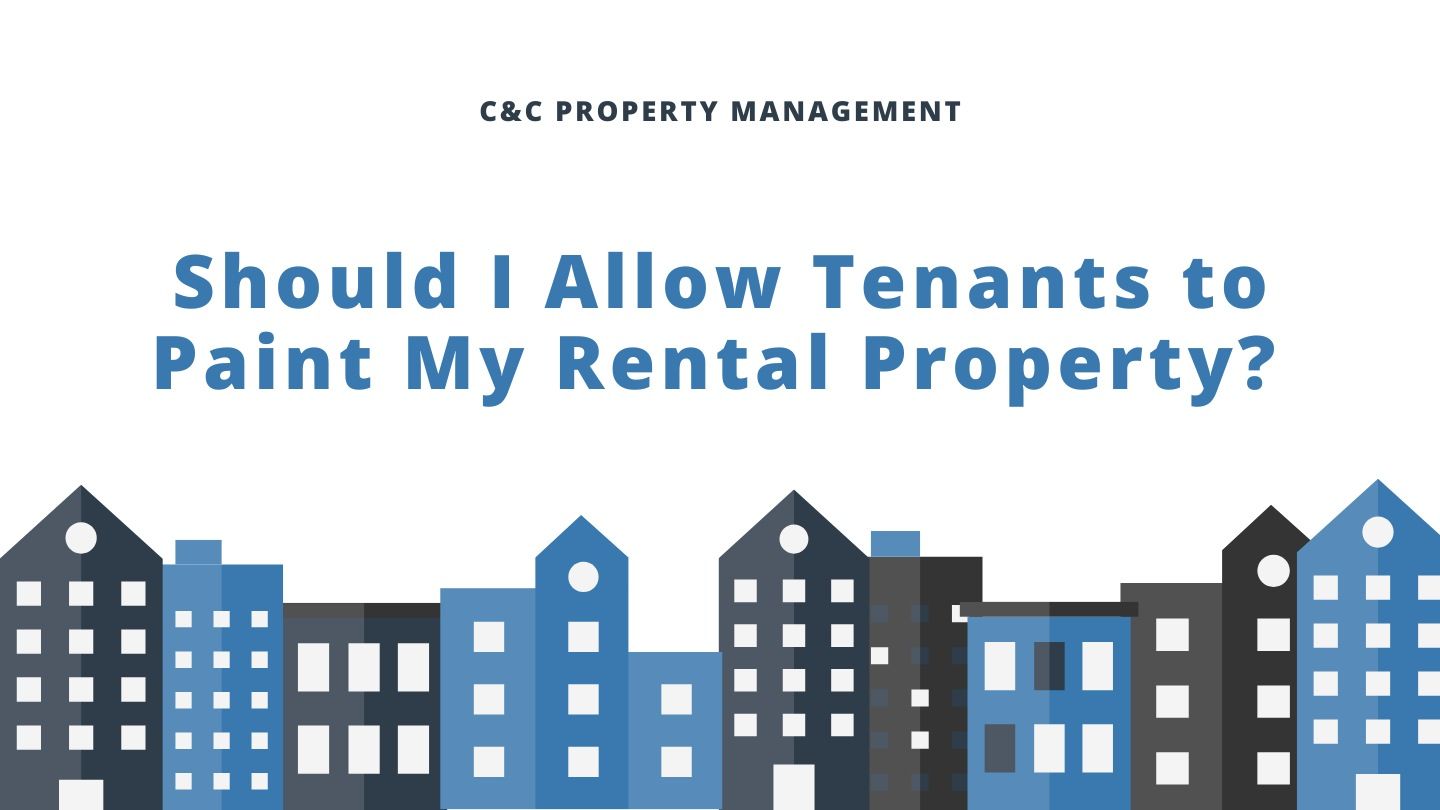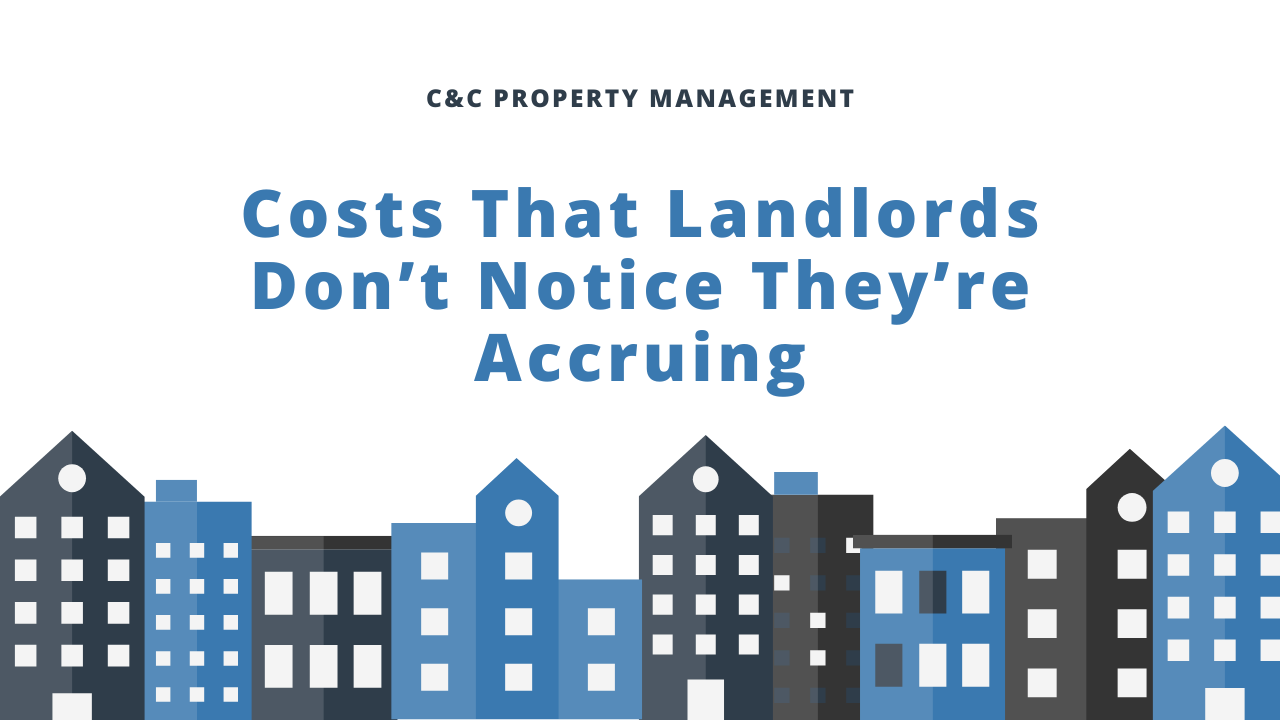Decoding the Dilemma: Cash Today vs. Steady Returns Tomorrow in Real Estate Investing
Are you caught in the perennial debate of whether a stack of cash today is superior to a steady, albeit smaller, stream of income tomorrow?

Join us as we delve into the age-old conundrum faced by investors, exploring the intricacies of flipping and the BRRRR method—the two sides of the real estate investing coin.
Flipping vs. BRRRR: Two Sides, One Coin
Flipping and BRRRR may seem like distinct strategies, but at their core, they share the common goal of forcing equity in a property. The key differences lie in the approach—flips may involve higher-end finishes, while BRRRR focuses on creating a sustainable income stream through rentals.
Factors to Consider When Deciding
- Cash Flow:Ideal BRRRR: All in at 75% or less of after-repair value (ARV).
- Monthly cash flow: Varies based on the market, but sustainability is crucial.
- Location matters: C areas may require robust cash flow to weather challenges.
- Taxes:Flipping entails active income, leading to higher taxation.
- Buy-and-hold investments offer tax benefits like cost segregation and reduced liability.
Navigating the Tax Landscape
Discover the transformative power of understanding tax benefits associated with buy-and-hold investing. While flipping can generate immediate capital, its tax implications may pale in comparison to the long-term advantages offered by rental properties.
Building Wealth: Flipping as a Stepping Stone
While flipping houses is an excellent strategy to build capital, it serves as a stepping stone on the journey to financial independence and passive income. The article encourages a shift in perspective, highlighting the importance of BRRRR for long-term wealth and achieving financial independence, also known as FIRE (Financial Independence, Retire Early).
The Bottom Line: Patience and Passive Fruits
In the realm of real estate, wealth is often accumulated by holding onto assets. The article emphasizes the significance of patience, urging investors to reconsider the BRRRR method and analyze for long-term wealth. While a BRRRR deal may not appear exceptional today, its true value might unfold in the years to come.
Conclusion: The Path to Wealth in Real Estate
In conclusion, the debate between a quick cash influx and steady returns reveals the dynamic nature of real estate investing. Whether you choose to flip for immediate gains or embark on the BRRRR journey for sustained income, the key lies in aligning your strategy with long-term wealth goals. Remember, in real estate, true wealth often comes from the assets you choose not to sell. Be patient, give it time, and relish the passive fruits of your labor on the horizon.
Corporate Office
C&C Monterey PM Inc. DRE 01526734
Kyle Chernetsky DRE 01928366
Kevin Cesario DRE 01953086








